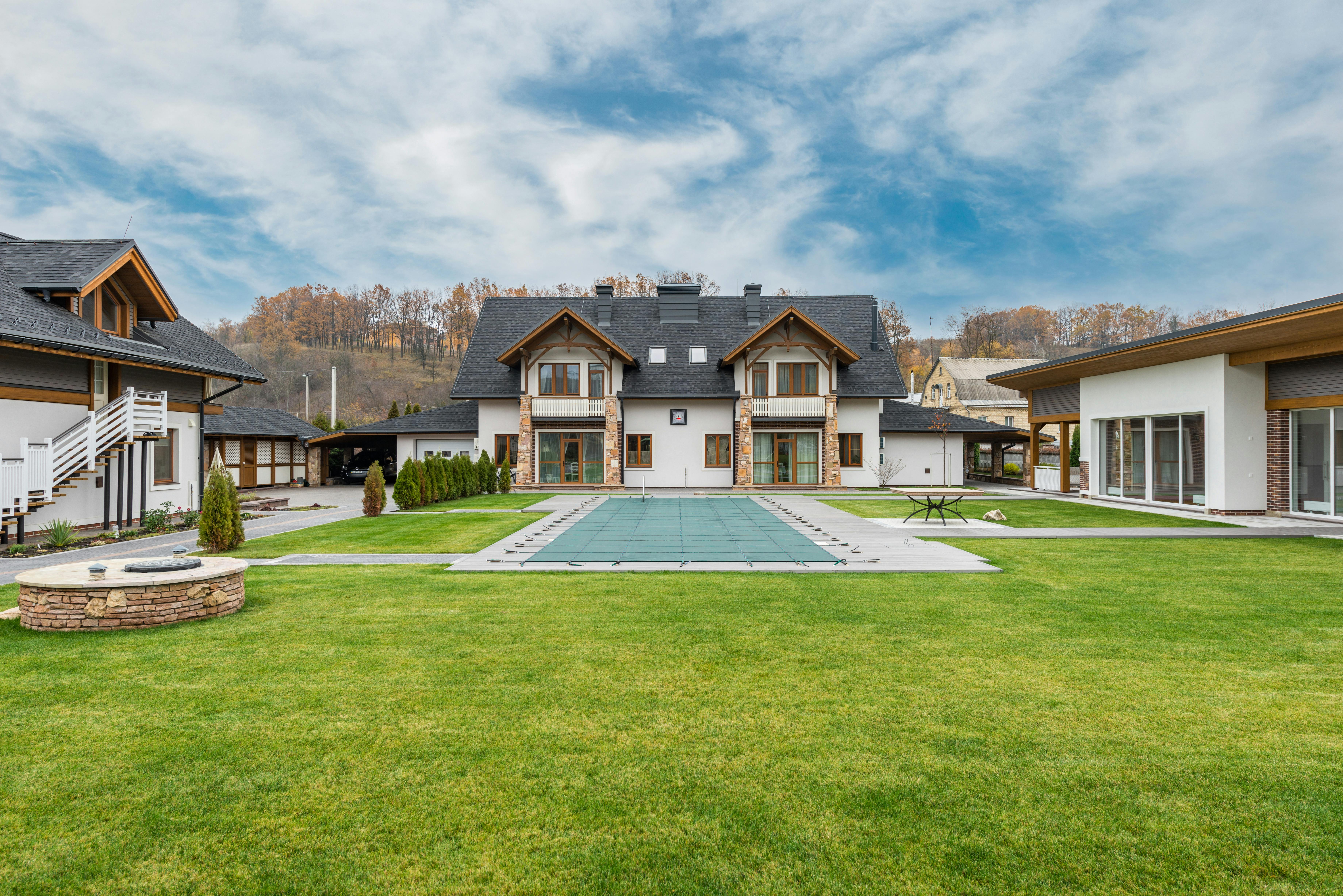Horror stories. Everyone has heard one, and they are one of the main reasons many people are reluctant to undertake a remodeling or new home project. Building is complicated, expensive and emotional work, and for some people the risk of encountering a problem is too high.
But for others, the challenge and excitement of creating something completely new and unique is irresistible. Designing and building a new home or remodeling your existing home can be a very rewarding experience, if you’ve done your homework and prepared for the possibility that things may not always go exactly as planned…in these two stories real:
Carved in stone (Nope)
Chuck and Jim opened the rear doors of Chuck’s truck and carefully removed the new polished granite countertop. They parked the van in the driveway at the back of their client’s house, flush with the kitchen door so the counter could go right inside. Large stone countertops are brittle, but this one was especially so because of the holes that had been pre-cut to allow the sink and stove to be dropped in later. Inside, Chuck and Jim stood by the cabinets where the counter would be installed and began slowly turning it into place.
Jim heard it first: a soft “pop,” just before the counter broke on either side of the sink opening. The heavy chunks of stone slipped from their hands and landed with a double thud on the kitchen floor.
The client was watching when the disaster occurred, and the sound it made was nothing like a pop, crackle, or thud; it was more like a gasp. This was too much to bear. It was the third time Chuck and Jim had broken the kitchen counter.
Too good to be true
Jim and Tracy desperately wanted to build their new home in Cherrington Woods and couldn’t believe their luck when they discovered that the last lot in the subdivision was still for sale. Lot 43 was at a cul-de-sac and backed up by a ravine. The price was reasonable, cheap even for the area, and since the rest of the lots on the street had already been built, Jim and Tracy wouldn’t have to put up with anyone else’s construction mess once they moved.
After closing, Jim called the Architect his real estate agent had recommended and set up a first meeting. Among the issues discussed was the need to conduct a subsurface investigation of the site, to try to uncover any conditions that might require special foundation engineering. But since it was the last lot in the subdivision and no soil problems had been found in the adjacent lots, the probability of poor soil or rock was low. Jim decided not to spend the money on soil testing.
Which was unfortunate, because a soil test would not have found bad soil; he would have found very little land. What he would have found are tree stumps, old fence posts, scrap wood, and other construction debris at a depth that exceeded the planned depth of Jim and Tracy’s foundation. When Cherrington Woods was being developed, the bulldozer had used the lot for a dump pit. Much of what had been cleared from the top of the subdivision during grading had been pushed into the area later known as Lot 43 and then buried under five feet of soil.
Ultimately, the foundation had to be dug six feet deeper than planned to reach stable ground. Jim and Tracy ended up with a big hole in their checking account and a nice racquetball court in their basement.
hold out until the end
When something goes wrong on a construction project, it may be the fault of one of the parties involved in the project, or it may be one of those things that no one seems to be able to predict. Either way, the goal is to get the project back on track and get it up and running as soon as possible.
Some problems have to be taken in stride. In the vast majority of cases, the joy and satisfaction of a fresh, new living space soon fades the memory of any problems during construction.
